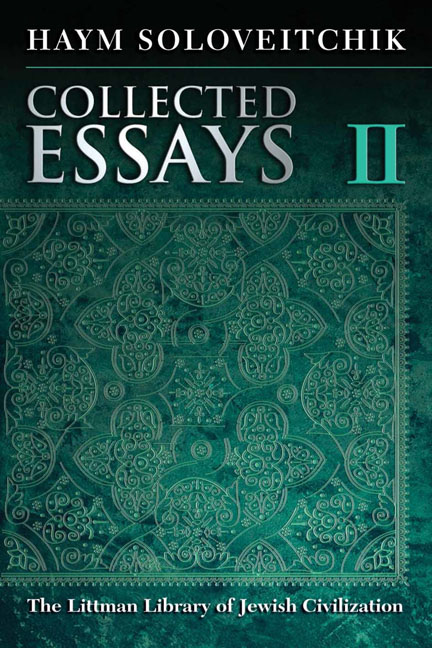Book contents
- Frontmatter
- Dedication
- Preface
- Acknowledgments
- Contents
- Note on Transliteration and Conventions Used in the Text
- PART I RE-EVALUATION OF ELEVENTH-CENTURY ASHKENAZ
- PART II MARTYRDOM UNDER CROSS AND CRESCENT INTRODUCTION
- PART III MISHNEH TORAH
- Bibliography of Manuscripts
- Source Acknowledgments
- Index of Names
- Index of Places
- Index of Subjects
5 - On the Use of Aggadah by the Tosafists: A Response to I. M. Ta-Shma
- Frontmatter
- Dedication
- Preface
- Acknowledgments
- Contents
- Note on Transliteration and Conventions Used in the Text
- PART I RE-EVALUATION OF ELEVENTH-CENTURY ASHKENAZ
- PART II MARTYRDOM UNDER CROSS AND CRESCENT INTRODUCTION
- PART III MISHNEH TORAH
- Bibliography of Manuscripts
- Source Acknowledgments
- Index of Names
- Index of Places
- Index of Subjects
Summary
In the previous chapter I argued against Avraham Grossman's contention that the halakhists of Early Ashkenaz drew on occasion on biblical verses and midrashim as proof-texts for their rulings. I. M. Ta-Shma endorsed Grossman's position and boldly extended its scope with a new contention.
IT IS RARE that an argument marshaled against a position proves to be an argument in its favor, but such is the case with I. M. Ta-Shma's article seeking to demonstrate that the Tosafists, no less than the scholars of Early Ashkenaz, invoked aggadic sources in halakhic arguments. I had argued that such arguments were, in 99.9 percent of cases, an anathema both to the halakhists of pre-Crusade Ashkenaz and to those of the tosafist movement. Indeed, I would extend this statement to all medieval halakhists. Aggadah-based halakhic arguments appear only when no directive for the matter at hand can be found in the halakhic sources; for example, for many customary religious practices (minhagim) or in certain aspects of communal self-government—an area in which there is precious little guidance in the normative talmudic literature. In Ashkenaz, such arguments also emerge when the culturally axiomatic is challenged to account for itself before the court of the Written Word. In these rare instances, such as suicide in the face of apostasy or even the murder of children to prevent their being raised as Christians and suffer eternal death, the Tosafists drew upon aggadic material to justify the self-understood correctness of the long-hallowed practice of their community.
Professor Ta-Shma adduces a remarkable responsum by Ri ha-Zaken, the great Ri, in which he was asked on what basis the Talmud (BK 117a) allows the execution of informers who have not endangered anyone's life or limb by their crimes but who have caused their victim only financial loss. Ri advances a number of perplexing arguments, one of which is the suggestion that there may be some biblical verse justifying this execution ! Anyone who gives an allowance on the basis of the possible existence of a permissive biblical verse, though he doesn't know what that verse is, is effectively saying that the matter is permissible, with or without such a verse. When the question at bar is nothing less than the permissibility of killing someone, we may be sure that the decisor has never in his life entertained any doubts on the matter.
- Type
- Chapter
- Information
- Collected EssaysVolume II, pp. 101 - 105Publisher: Liverpool University PressPrint publication year: 2014



